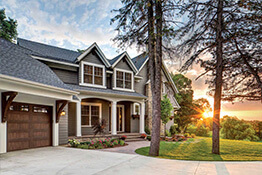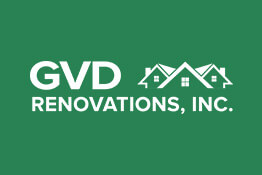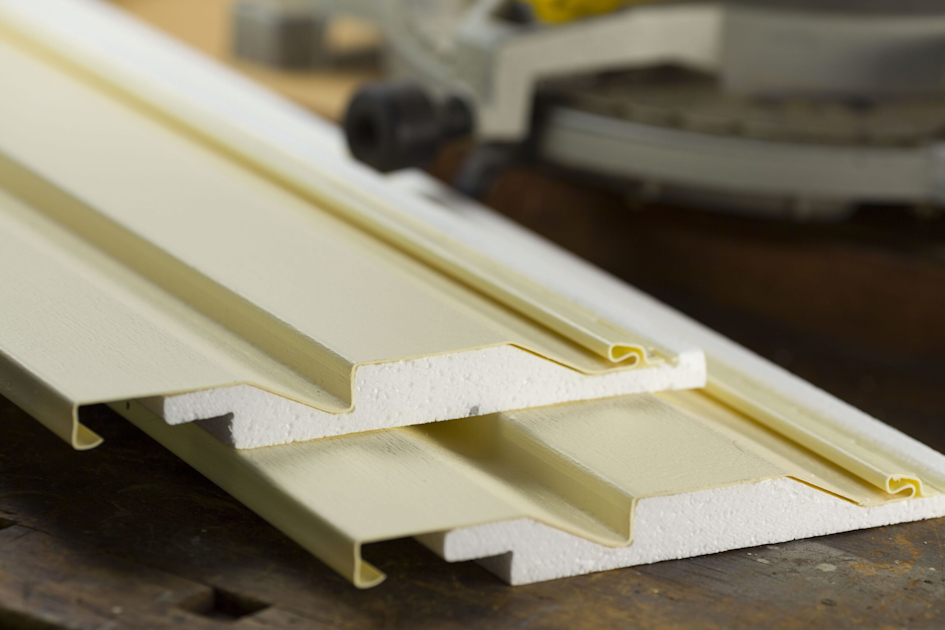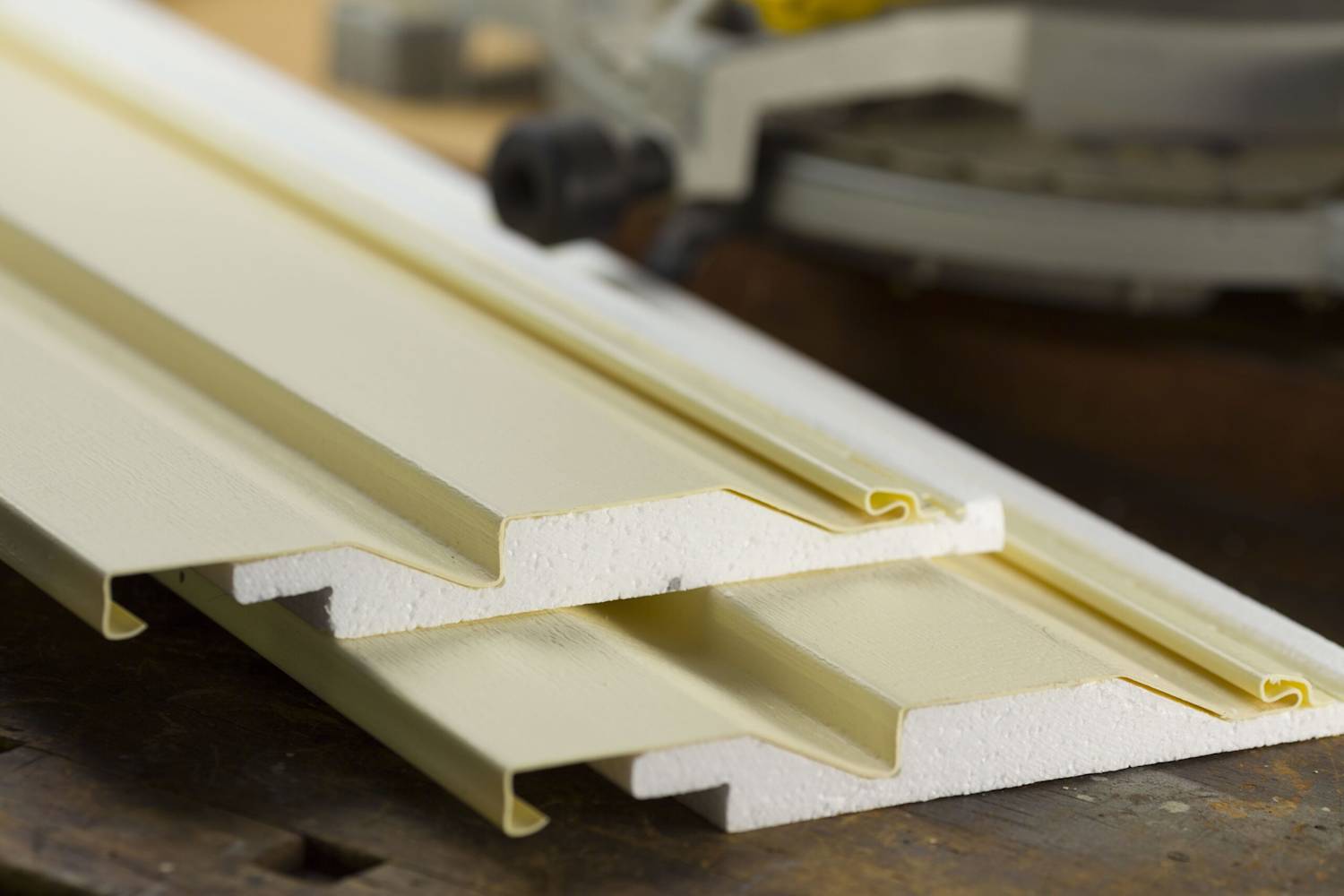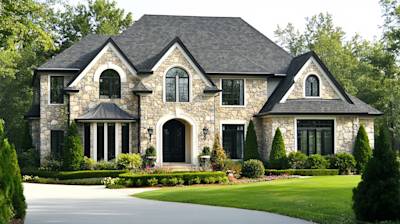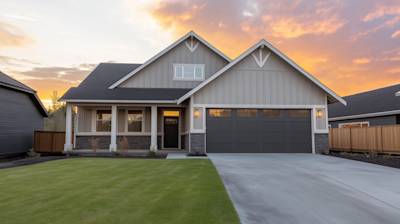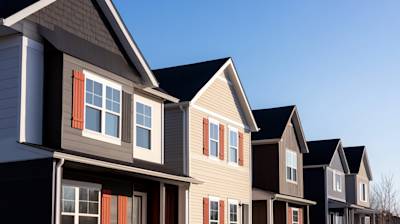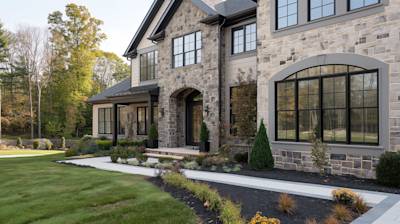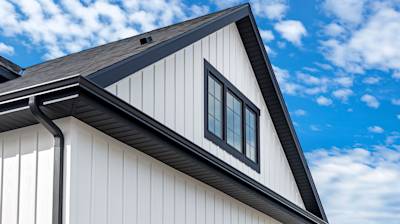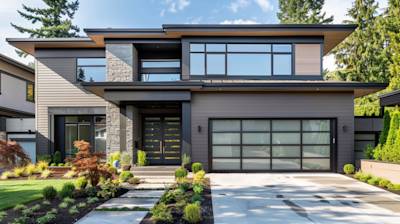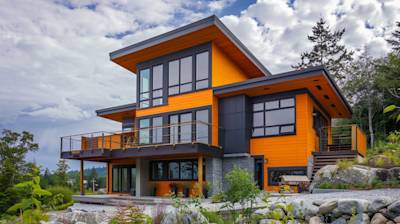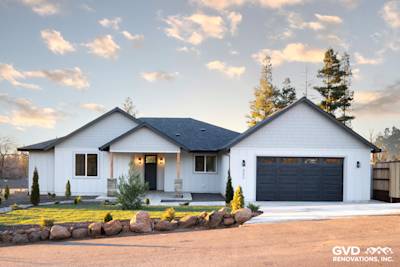The demand for energy-efficient and durable solutions for home exteriors has been on the rise. A game-changer that meets this demand head-on is insulated vinyl siding. This siding boasts unrivaled weather resistance, aesthetic appeal, and energy-saving properties. In this blog, we will deeply dive into this emerging trend and learn why it is significant for homeowners and builders.
What Is Insulated Vinyl Siding?
Insulated vinyl siding is essentially a vinyl siding with a layer of insulation, usually foam, attached to the back. The combination of two powerhouse materials allows for a high-performing, energy-savvy, and aesthetically pleasing product. It contributes to the energy efficiency of homes by providing an extra layer of insulation against external temperature changes.
The Making of Insulated Vinyl Siding

This type of siding is engineered with precision to meet high-end technological and aesthetic demands. The insulation material - often a foam made of Expanded Polystyrene (EPS) - is fused to the vinyl panel in the manufacturing process, creating a product that is a continuous blanket of insulation that mantles the home exterior, enhancing both practical and aesthetic characteristics.
Key Features of Insulated Vinyl Siding
Insulated vinyl siding comes with a raft of desirable features for homeowners and building experts. Here are a few noteworthy ones:
- Durability: This siding is designed to withstand extreme weather conditions, including high winds, heavy rains, and even hail.
- Energy Efficiency: The added insulation provides a buffer between the inside of a house and outside climatic conditions, reducing energy consumption and saving on utility bills.
- Noise Reduction: The foam backing also cuts down on external noise, which is a plus for homes located in noisy or bustling areas.
- Maintenance: Vinyl siding requires minimal maintenance and can be easily cleaned with water and a mild detergent.
The Installation Process
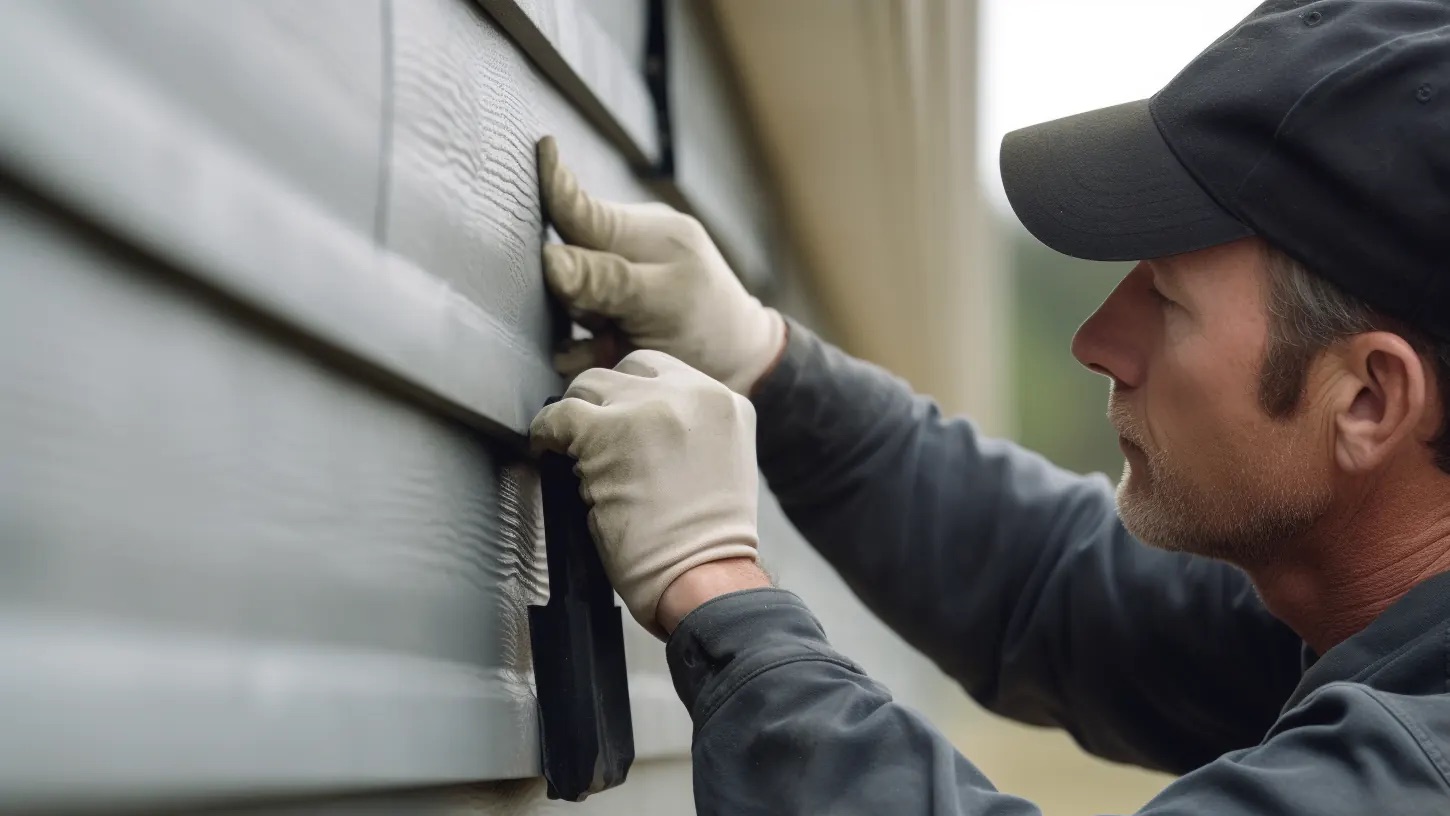
The installation process of insulated vinyl siding is similar to that of standard vinyl siding. It involves preparing the house surface, cutting the siding to fit your home, nailing it to the home, and finally, checking for proper installation. The major difference lies in the fact that professionals find it easier to install because of the firmness provided by the foam backing.
Quality Checks during Installation
While installing insulated vinyl siding, several quality checks are performed to ensure a proper job:
- The alignment is checked to ascertain the panels are straight and level.
- The panels are cross-checked to make sure there's enough expansion space to allow for thermal expansion.
- Lastly, the fasteners are tightened to the right amount to avoid buckling during hot weather.
Optimizing the Value of Insulated Vinyl Siding
Insulated vinyl siding offers the best value when combined with good building practices. Here are a few tips to optimize its benefits:
- Combine it with house wrap or rigid foam sheathing for maximal thermal barrier.
- Install it using a professional siding contractor to avoid installation mistakes that could reduce energy efficiency or cause other issues.
- Choose a high-grade insulated vinyl siding product that comes with a warranty to ensure its longevity and performance.
Insulated vinyl siding provides a myriad of benefits that far exceed its cost. For homeowners seeking an energy-efficient, durable, and low-maintenance solution, this siding is without a doubt a superb option. As sustainability becomes a driving force in the industry, expect to see insulated vinyl siding play an even more prominent role in the future of building and renovation.
Frequently Asked Questions about Insulated Vinyl Siding
Here we have compiled a comprehensive list of questions frequently asked about insulated vinyl siding, with detailed answers to help anyone looking to understand this popular home improvement option better.
Why choose insulated vinyl siding?
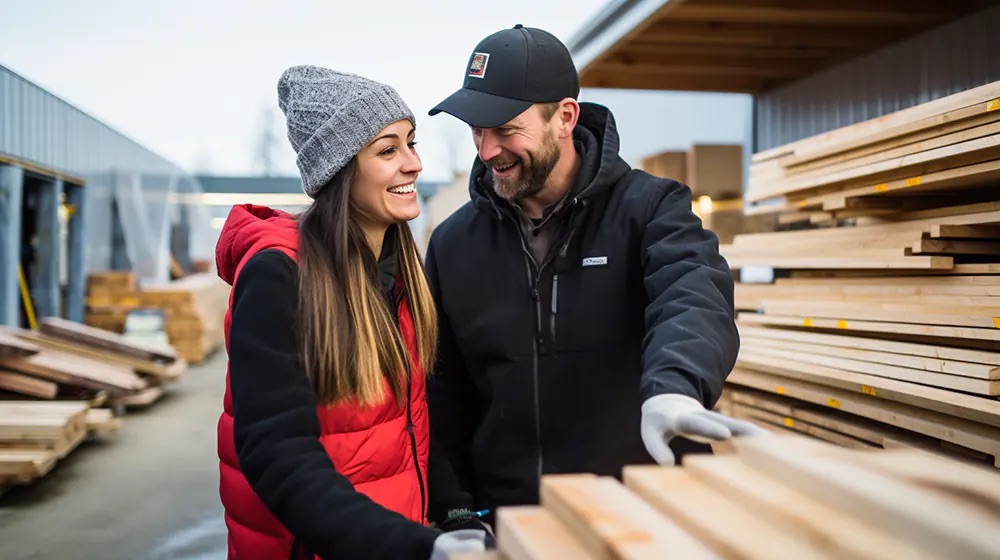
Insulated vinyl siding offers numerous benefits over traditional vinyl siding. It can help reduce energy costs by providing additional insulation to your home, enhancing interior comfort. Additionally, it can dampen outside noise, which is an added benefit if you live in a noisy neighborhood. Plus, it's low-maintenance and easy to clean.
How does insulated vinyl siding work?
Insulated vinyl siding works by adding a layer of insulation to the back of the siding panels, which fit snugly against your home's exterior walls. This creates a thermal barrier, reducing the amount of heat that escapes in the winter and get in during the summer, thus making your home more energy-efficient.
What materials are used in insulated vinyl siding?
Insulated vinyl siding is usually crafted from standard vinyl siding with a backing of solid core insulation. The insulation is typically made from expanded polystyrene (EPS), a lightweight, rigid and closed cell insulation that effectively resists heat movement.
How does the installation of insulated vinyl siding differ from regular vinyl siding?
The installation of insulated vinyl siding can be slightly more complex than regular vinyl siding. The exact process can vary depending on the product, but generally, it involves attaching the insulated vinyl siding panels directly to the home's exterior wall using special fasteners.
Is insulated vinyl siding more expensive than regular vinyl siding?
Yes, insulated vinyl siding typically costs more than standard vinyl siding. However, it's important to consider the long-term savings that it provides in terms of reduced energy costs. The exact cost can vary based on numerous factors including the manufacturer, the chosen style, and the installation process.
Does insulated vinyl siding add value to my home?
Insulated vinyl siding can indeed add value to your home. By enhancing the home's energy efficiency, it can make the property more attractive to potential buyers. Plus, with its durability and low-maintenance appeal, it can improve the overall curb appeal of your home, indirectly boosting its value.
How do I clean and maintain insulated vinyl siding?
One of the primary benefits of insulated vinyl siding is that it's easy to maintain. Simply washing it with a garden hose and mild soap typically is sufficient for removing dirt and grime. Dry with a clean cloth to avoid water spots. It never needs painting, staining or caulking.
How does insulated vinyl siding handle impacts from hail or other debris?
Insulated vinyl siding generally offers better impact resistance than standard vinyl siding. The insulation layer provides a degree of protection from hail, stray balls, falling branches, and other similar items which could cause damage.
Can insulated vinyl siding help me reduce my energy bills?
Yes, insulated vinyl siding can help reduce your heating and cooling bills. The added layer of insulation conserves your home's internal energy., reducing the amount of work your heating and cooling systems have to do to keep your home at a comfortable temperature.
What's the lifespan of insulated vinyl siding?
Insulated vinyl siding is designed to be durable and long-lasting. With proper installation and maintenance, it can last for decades. Many manufacturers offer extended warranties, which can cover your siding for 50 years or more.
Is insulated vinyl siding good for any climate?
Yes, insulated vinyl siding performs well in a variety of climates. It offers benefits in both hot and cold climates by resisting heat transfer, making it a good choice for homeowners in a wide variety of geographical locations.
Can I install insulated vinyl siding on my own?
While it is feasible for a DIY enthusiast to install insulated vinyl siding, it is best left to professionals. It's a precise job, and inexperienced installation can lead to gaps, which can diminish the product's energy efficiency and structural integrity. So, hiring a licensed contractor is generally advised for the best results.
Pros and Cons of Insulated Vinyl Siding
Pros of Insulated Vinyl Siding
Energy Efficiency
One of the major advantages of insulated vinyl siding is its energy efficiency. The insulation is made of a solid core of expanded polystyrene (EPS) that adds a layer of thermal protection to your house. This feature:
- Reduces the energy needed for heating/cooling your house
- Lowers your energy bills
- Can contribute to lower greenhouse gas emissions
Durability and Maintenance
Insulated vinyl siding is known for its durability and low maintenance. Here are a few reasons why:
- The material can resist winds up to 240 mph
- It doesn't warp, rot or peel over time
- The color of the siding is less likely to fade
- It requires periodic cleaning with mild soap and water rather than painting or staining
Noise Reduction
Insulation can also help dampen noise from outside, leading to a quieter environment within the home.
Comfort
The added insulation layer helps to regulate the temperature of your house, making it comfortable in both hot and cold weather conditions.
Cons of Insulated Vinyl Siding
Cost
One of the most significant disadvantages of insulated vinyl siding is the cost. This type of siding tends to be more expensive compared to traditional vinyl siding due to:
- The material cost of the insulation
- The complexity of the installation process
Moisture Issues
When improperly installed, insulated vinyl siding can trap moisture against the house, leading to potential issues such as:
- Mold and mildew
- Rotten wood
- Peeling paint
Hence, it's imperative to enlist the help of a professional during installation.
Limited Availability
Because it is a specialized product, there may be limited availability of certain design or color choices for insulated vinyl siding.
Difficult Repairs
While insulated vinyl siding is quite durable, if it does get damaged, it might be more difficult to repair or replace than traditional vinyl siding due to the integrated insulation.
Return on Investment
A significant drawback is the return on investment when it comes to resale. Although insulated vinyl siding has clear benefits in terms of energy efficiency, these benefits may not translate into a higher resale value for your home.
All in all, these details provide insights into the benefits and limitations of insulated vinyl siding. The advantages and disadvantages should be weighed carefully in light of home condition, budget, and long-term plans.
Summary
Insulated vinyl siding is the hands-down winner when it comes to a cost-effective, durable and energy-efficient solution for your home exterior. It not only provides excellent weather resistance, but also lowers your energy bills by keeping your house warmer in winter and cooler in summer. The built-in insulation layer adds extra strength, minimizing exterior noise and giving a refreshing look to your home.
Insulated vinyl siding gives an enchanting curb appeal, raising your home value to a whole new level. With myriad of colors, textures, and styles available, it allows homeowners to curate one-of-a-kind appearances for their homes. The easy upkeep is another huge bonus, with just the occasional wash needed to keep it looking new and appealing. Eco-friendly materials used in its manufacturing make it an excellent choice for those who are conscious about their environmental footprint.
While installation of insulated vinyl siding might seem like an investment, it’s one that homeowners recoup rapidly thanks to energy savings and enhanced home value. Combine this with unmatched durability, superior insulation, and minimal maintenance needs, it stands out as a clear winner in the world of home exteriors. So if you are aiming for a balance between aesthetic charm and practical benefits, it is the right pick.
About GVD Renovations & Remodeling
Welcome to GVD Renovations & Remodeling, Sacramento, CA's top-notch home renovation specialists. We are your one-stop-shop for all residential renovation needs. We've got over a decade of experience in reviving and restoring homes, making them as good as new with our extensive range of services. Our team of dedicated professionals prides itself on its commitment to customer satisfaction, definitive craftsmanship, and uncompromised quality. Trust us to turn your home into a symbol of elegance and style.
Tags: insulated vinyl siding, siding materials, home improvement,

